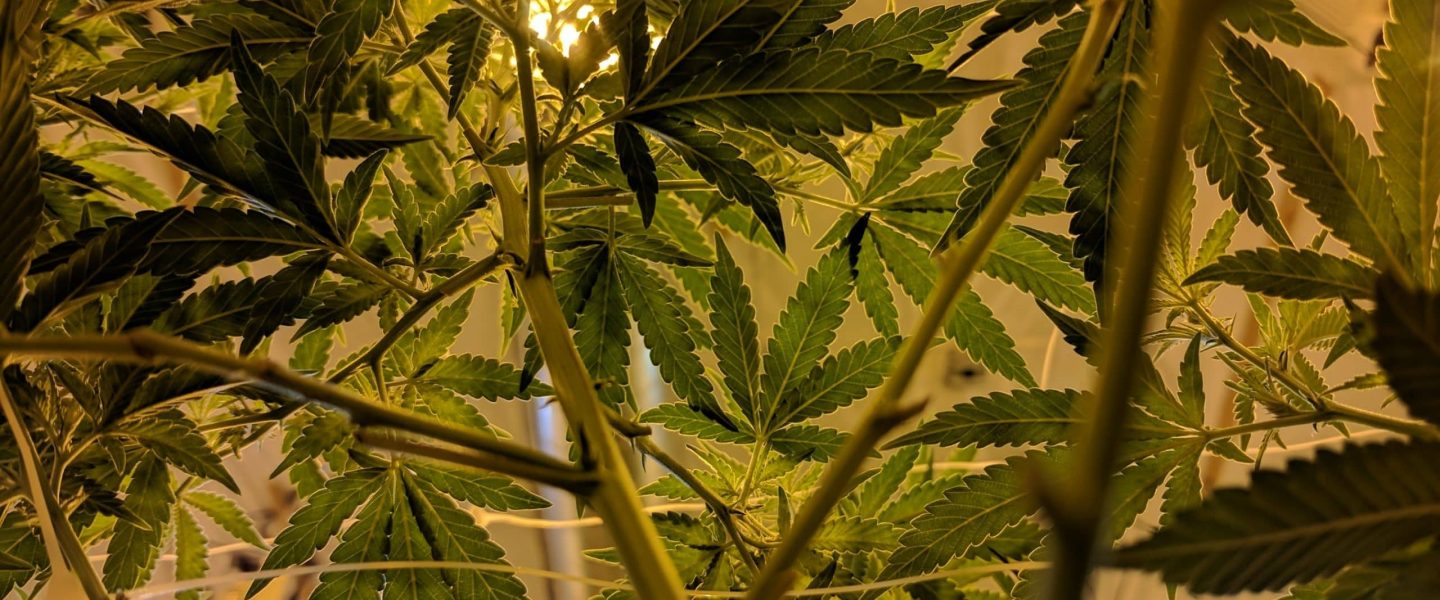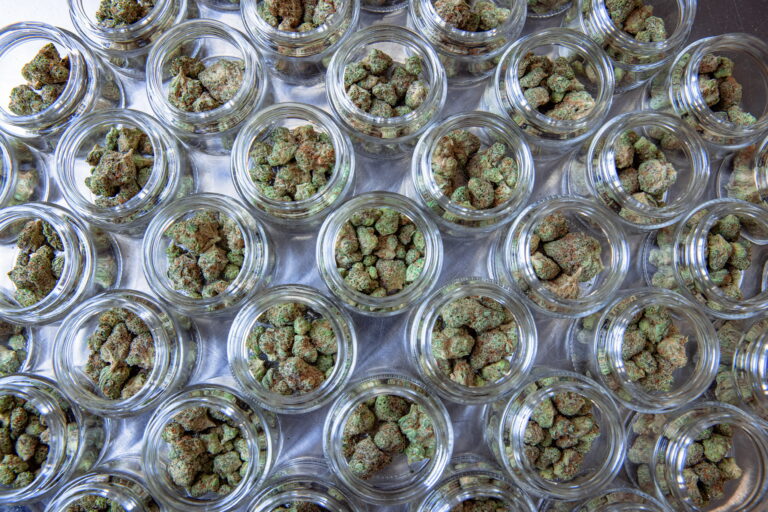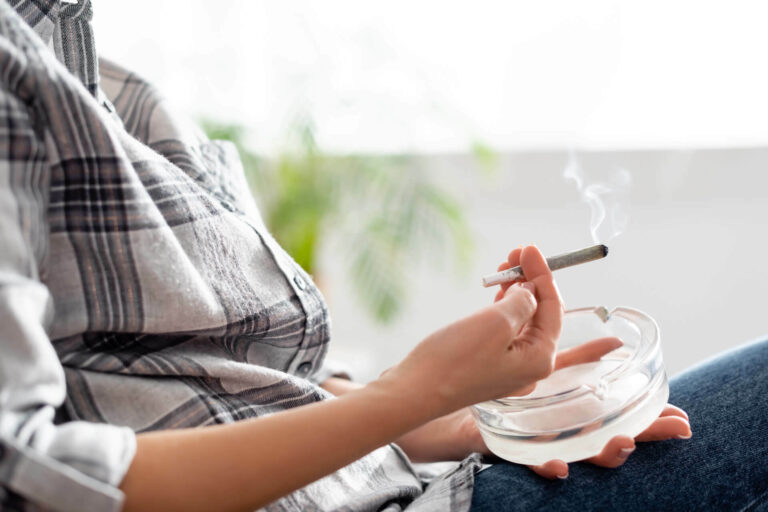
I remember it like it was yesterday. Sneaking up on my dad as he sat outside at what he affectionately termed “the woodpile.” Long hippie hair, earring in his ear, wearing men’s clogs. I thought he was the coolest. I didn’t realize ‘til years later that he wasn’t “making a cigarette,” so to speak, but rolling a “doobie.”
Fast forward 40 years and here I am writing about those days.
What I didn’t know back then was that my dad was trying to calm his nerves, having three rug rats tethered to his leg most of the time. Come to find out, my dad struggled with alcoholism for many years, an affliction that would inevitably cause most of his body’s systems to shut down like dominos: heart, lungs, liver, kidneys. And most evidently his brain; he suffered alcohol-related dementia.
While clearing out my dad’s home, I came across an Alcoholics Anonymous® (AA) book with a publication date of 1973. My dad, it seems, had at least considered getting help through their 12-step program. But in his kitchen cabinet remained the large opened bottle of vodka, and it stared back at us without regard. My dad fought many battles in his lifetime; this was the one he lost.
Alcoholism (AUD) vs. Medical Marijuana
Alcohol Use Disorders (AUDs) are among the most prevalent mental disorders worldwide. AUDs are highly disabling and associated with many physical and psychiatric comorbidities, they also contribute substantially to global morbidity and mortality. (The Journal of the American Medical Association, courtesy of jamanetwork.com, 2018).
According to the Centers for Disease Control and Prevention (CDC) the number of alcoholic liver disease deaths exceeded 21,000 last year, and the number of alcohol-induced deaths (excluding accidents/homicides) reached more than 33,000. To make matters worse, AUDs are positively correlated to suicide rates worldwide.
The utility of medical marijuana for Alcohol Use Disorder treatment can not be underestimated. While the Alcoholics Anonymous® 12-step program, steeped in religious ideology, appeals and is effective with scores of devout followers, many people with AUD drop out of these programs without completion, or fail to start at all.
A report published by Alcoholism Treatment Quarterly in 2000 analyzed AA membership surveys taken from 1968 through 1996. On average, 81 percent of newcomers stopped attending meetings within the first month. After 90 days, only 10 percent remained. That figure was halved after a full year. (Courtesy of TheAtlantic.com, 2018)
The “treatment” doesn’t gel and so many of would-be disciples are left with few alternatives aside from inpatient/outpatient rehabilitation/recovery centers; these are for the insured, and the cost of such programs are three-fold. A patient needs to leave their home, family and job to fully participate. The stress on support systems/caregivers is tremendous. These are the very real financial and emotional costs of “entering rehab.” Regrettably, recidivism rates remains staggering.
According to the National Institutes of Health (NIH) increased anxiety represents a significant component of the alcohol withdrawal syndrome. Importantly, this negative-affect state may contribute to increased risk for relapse as well as perpetuate continued use and abuse of alcohol (Becker 1999; Driessen et al. 2001; Koob 2003; Roelofs 1985) …preclinical and clinical studies suggest a link between anxiety and propensity to self-administer alcohol (Henniger et al. 2002; Spanagel et al. 1995; Willinger et al. 2002). (Courtesy of
Medical marijuana offers what rehabilitation centers cannot. Remaining within the home, with spouses and children, as well as maintaining continuity at work—especially for the self-employed—gives hope to those seeking to control their alcohol dependence.
The goal of substance treatment isn’t necessarily to demand abstinence as much as it is to help someone manage their life in a manner where substances are no longer interfering in a negative way,” says Amanda Reiman, PhD, MSW and author of the 2009 study “Cannabis as a Substitute for Alcohol and Other Drugs (courtesy of Vice.com, 2018)
Few can argue the positive effects medical marijuana has had for a myriad of physical and psychological disorders. AUDs fall into this category. It is a chronic physical problem with many costs to self, family and society. It has severe global impact.
If you or someone you love suffers from AUD, help is around the corner. Finding your compassionate care physician or clinic easy. Just use the National Medical Marijuana Card Services search tool to get started.
Here’s to a better life!
Author Bio: Violet Greene is a mom and wife with a passion for the natural world, naps and song/dance. She practices yoga and stretching regularly. She is a certified rehabilitation counselor for 24 years, a writer of several genres, and an individual contributor to National Marijuana Card Services.







